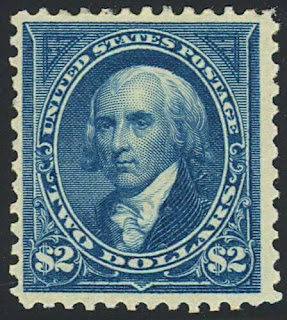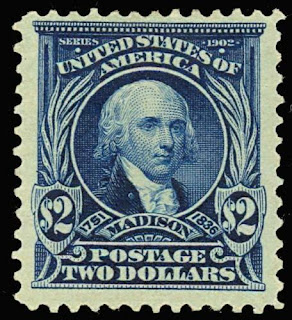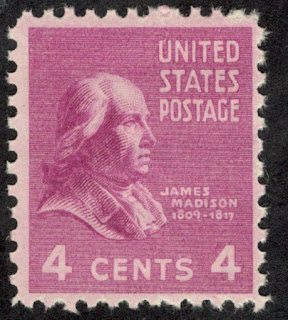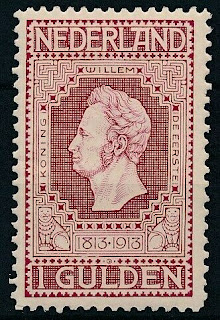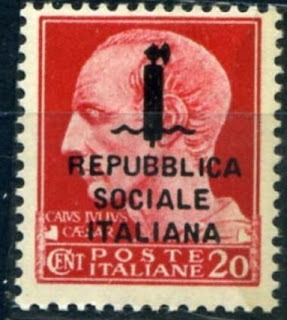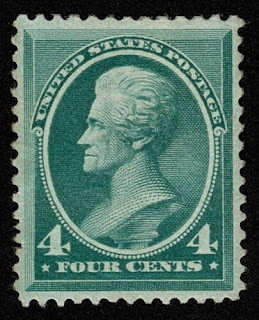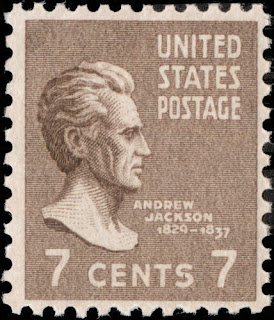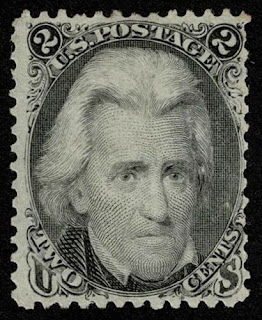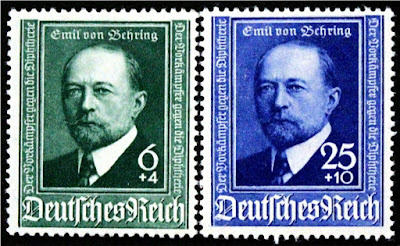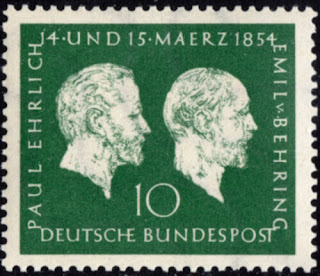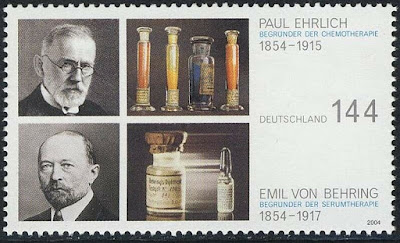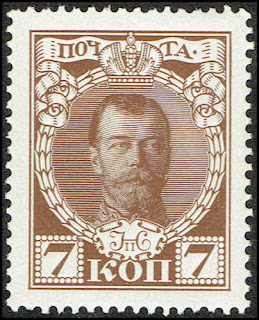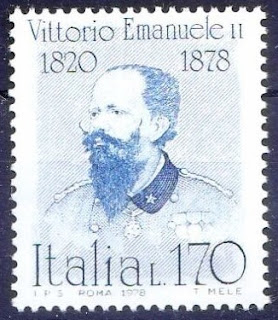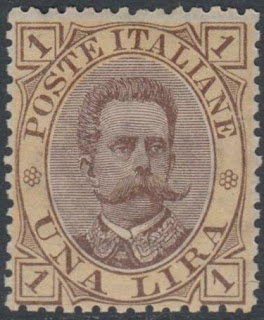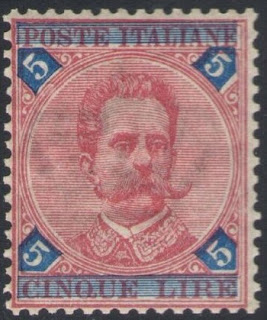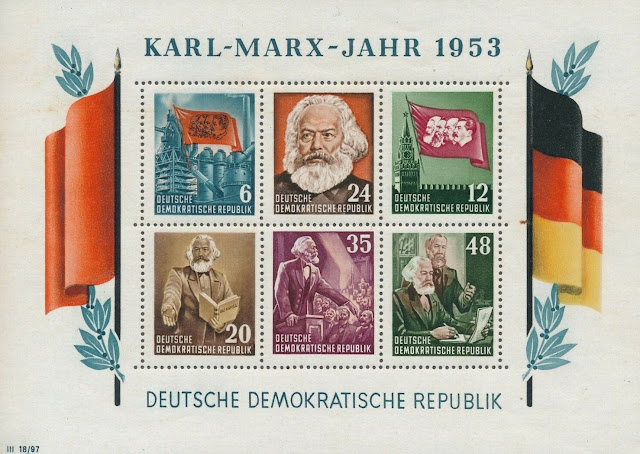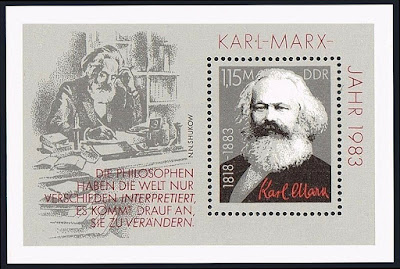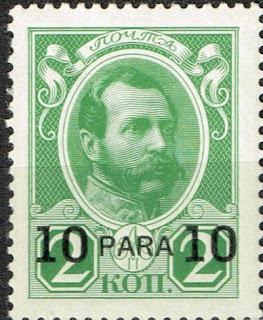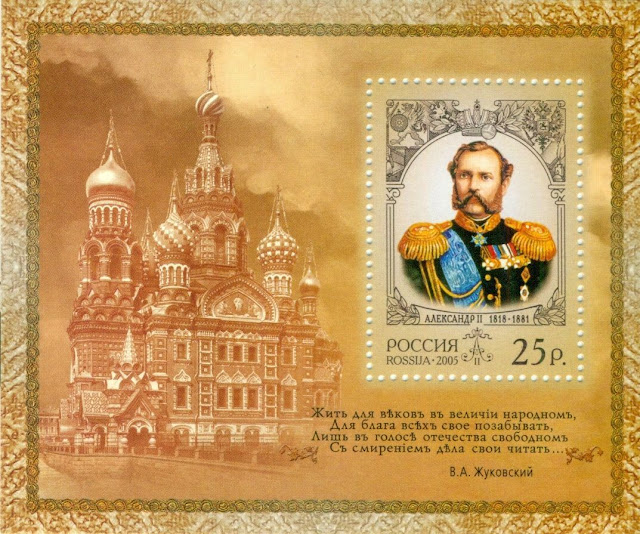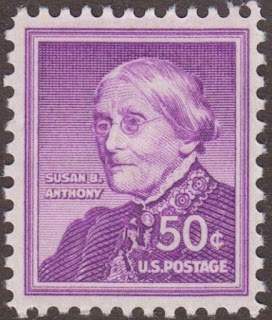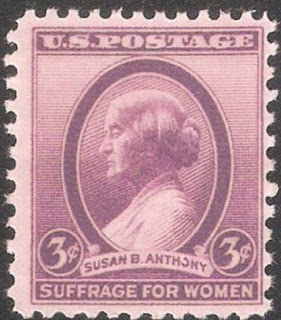Here are some events that happened on March 14th. It could be an event or a person that died or was born on that day
1804 – Johann Strauss I, Austrian composer and conductor (d. 1849)
Johann Strauss I (March 14, 1804 – September 25, 1849) was an Austrian Romantic composer. He was famous for his waltzes, and he popularized them alongside Joseph Lanner, thereby setting the foundations for his sons to carry on his musical dynasty. He is perhaps best known for his composition of the Radetzky March (named after Joseph Radetzky von Radetz).
Strauss became deputy conductor of the orchestra to assist Lanner in commissions after it became so popular during the Fasching of 1824 and Strauss was soon placed in command of a second smaller orchestra which was formed as a result of the success of the parent orchestra. In 1825, he decided to form his own band and began to write music (chiefly, dance music) for it to play after he realized that he could also possibly emulate the success of Lanner in addition to putting an end to his financial struggles. By so doing, he would have made Lanner a serious rival although the rivalry did not entail hostile consequences as the musical competition was very productive for the development of the waltz as well as other dance music in Vienna.
He soon became one of the best-known and well loved dance composers in Vienna. During the carnival of 1826, Strauss inaugurated his long line of triumphs by introducing his band to the public of Vienna at the Schwan in the suburb of Roßau where his Täuberln-Walzer (Op. 1) at once established his reputation. He toured with his band to Germany, the Netherlands, Belgium and Britain. The conducting reins and management of this Strauss Orchestra would eventually be passed on to the hands of his sons until its disbandment by Eduard Strauss in 1901.
On a trip to France in 1837 he heard the quadrille and began to compose them himself, becoming largely responsible for introducing that dance to Austria in the 1840 Fasching, where it became very popular. It was this very trip (in 1837) which has proved Strauss' popularity with audiences from different social backgrounds and this paved the way to forming an ambitious plan to perform his music in England for the coronation of Queen Victoria in 1838. Strauss also adapted various popular melodies of his day into his works so as to ensure a wider audience, as evidenced in the incorporation of the Oberon overture into his early waltz, "Wiener Carneval", Op. 3, and also the French national anthem "La Marseillaise" into his "Paris-Walzer", Op. 101.
Austrian stamp issued to commemorate Johann Strauss I
1820 Born: Victor Emmanuel II of Italy (d. 1878)
Victor Emmanuel II (14 March 1820 – 9 January 1878) was King of Sardinia from 1849 until 17 March 1861, when he assumed the title of King of Italy and became the first king of a united Italy since the 6th century, a title he held until his death in 1878. Borrowing from the old Latin title Pater Patriae of the Roman emperors, the Italians gave him the epithet of Father of the Fatherland (Italian: Padre della Patria).
Born in Turin as the eldest son of Charles Albert, Prince of Carignano, and Maria Theresa of Austria, he fought in the First Italian War of Independence (1848-49) before being made King of Piedmont-Sardinia following his father's abdication. He appointed Camillo Benso, Count of Cavour, as his Prime Minister, and he consolidated his position by suppressing the republican left. In 1855, he sent an expeditionary corps to side with French and British forces during the Crimean War; the deployment of Italian troops to the Crimea, and the gallantry shown by them in the Battle of the Chernaya (16 August 1855) and in the siege of Sevastopol led the Kingdom of Sardinia to be among the participants at the peace conference at the end of the war, where it could address the issue of the Italian unification to other European powers. This allowed Victor Emmanuel to ally himself with Napoleon III, Emperor of France. France had supported Sardinia in the Second Italian War of Independence, resulting in liberating Lombardy from Austrian rule.
Victor Emmanuel supported the Expedition of the Thousand (1860–1861) led by Giuseppe Garibaldi, which resulted in the rapid fall of the Kingdom of the Two Sicilies in southern Italy. However, Victor Emmanuel halted Garibaldi when he appeared ready to attack Rome, still under the Papal States, as it was under French protection. In 1860, Tuscany, Modena, Parma and Romagna decided to side with Sardinia-Piedmont, and Victor Emmanuel then marched victoriously in the Marche and Umbria after the victorious battle of Castelfidardo over the Papal forces. He subsequently met Garibaldi at Teano, receiving from him the control of southern Italy and becoming the first King of Italy on 17 March 1861.
In 1866, the Third Italian War of Independence allowed Italy to annex Veneto. In 1870, Victor Emmanuel also took advantage of the Prussian victory over France in the Franco-Prussian War to taking over the Papal States after the French withdrew. He entered Rome on 20 September 1870 and set up the new capital there on 2 July 1871. He died in Rome in 1878, and was buried in the Pantheon.
The Italian national monument Altare della Patria (or Vittoriano) in Rome was built in his honor.
Stamps from Italy depicting Victor Emmanuel II
1844 Born: Umberto I of Italy (d. 1900)
Umberto I (14 March 1844 – 29 July 1900), nicknamed the Good (Italian: il Buono), was the King of Italy from 9 January 1878 until his assassination on 29 July 1900.
Umberto's reign saw Italy attempt colonial expansion into the Horn of Africa, successfully gaining Eritrea and Somalia despite being defeated by Abyssinia at the Battle of Adwa in 1896. In 1882, he approved the Triple Alliance with the German Empire and Austria-Hungary.
He was deeply loathed in leftist circles because of his conservatism and support of the Bava-Beccaris massacre in Milan. He was especially hated by anarchists, who attempted to assassinate him during the first year of his reign. He was killed by another anarchist, Gaetano Bresci, two years after the Bava-Beccaris massacre.
Stamps from Italy depicting Umberto I
1854 Born: Paul Ehrlich, German physician and academic, Nobel Prize laureate (d. 1915)
Paul Ehrlich (14 March 1854 – 20 August 1915) was a Nobel prize-winning German physician and scientist who worked in the fields of hematology, immunology, and antimicrobial chemotherapy. He is credited with finding a cure for syphilis in 1909. He invented the precursor technique to Gram staining bacteria. The methods he developed for staining tissue made it possible to distinguish between different types of blood cells, which led to the capability to diagnose numerous blood diseases.
His laboratory discovered arsphenamine (Salvarsan), the first effective medicinal treatment for syphilis, thereby initiating and also naming the concept of chemotherapy. Ehrlich popularized the concept of a magic bullet. He also made a decisive contribution to the development of an antiserum to combat diphtheria and conceived a method for standardizing therapeutic serums.
In 1908, he received the Nobel Prize in Physiology or Medicine for his contributions to immunology. He was the founder and first director of what is now known as the Paul Ehrlich Institute.
German stamps depicting Paul Ehrlich and Emil von Behring
1879 Born: Albert Einstein, German-American physicist, engineer, and academic, Nobel Prize laureate (d. 1955)
Albert Einstein (14 March 1879 – 18 April 1955) was a German-born theoretical physicist who developed the theory of relativity, one of the two pillars of modern physics (alongside quantum mechanics). His work is also known for its influence on the philosophy of science. He is best known to the general public for his mass–energy equivalence formula E = mc2, which has been dubbed "the world's most famous equation". He received the 1921 Nobel Prize in Physics "for his services to theoretical physics, and especially for his discovery of the law of the photoelectric effect", a pivotal step in the development of quantum theory.
The son of a salesman who later operated an electrochemical factory, Einstein was born in the German Empire but moved to Switzerland in 1895 and renounced his German citizenship in 1896. Specializing in physics and mathematics, he received his academic teaching diploma from the Swiss Federal Polytechnic School (German: eidgenössische polytechnische Schule) in Zürich in 1900. The following year, he acquired Swiss citizenship, which he kept for his entire life. After initially struggling to find work, from 1902 to 1909 he was employed as a patent examiner at the Swiss Patent Office in Bern.
Near the beginning of his career, Einstein thought that Newtonian mechanics was no longer enough to reconcile the laws of classical mechanics with the laws of the electromagnetic field. This led him to develop his special theory of relativity during his time at the Swiss Patent Office. In 1905, called his annus mirabilis (miracle year), he published four groundbreaking papers, which attracted the attention of the academic world; the first outlined the theory of the photoelectric effect, the second paper explained Brownian motion, the third paper introduced special relativity, and the fourth mass-energy equivalence. That year, at the age of 26, he was awarded a PhD by the University of Zurich.
Although initially treated with skepticism from many in the scientific community, Einstein's works gradually came to be recognised as significant advancements. He was invited to teach theoretical physics at the University of Bern in 1908 and the following year moved to the University of Zurich, then in 1911 to Charles University in Prague before returning to ETH (the newly renamed Federal Polytechnic School) in Zürich in 1912. In 1914, he was elected to the Prussian Academy of Sciences in Berlin, where he remained for 19 years. Soon after publishing his work on special relativity, Einstein began working to extend the theory to gravitational fields; he then published a paper on general relativity in 1916, introducing his theory of gravitation. He continued to deal with problems of statistical mechanics and quantum theory, which led to his explanations of particle theory and the motion of molecules. He also investigated the thermal properties of light and the quantum theory of radiation, the basis of the laser, which laid the foundation of the photon theory of light. In 1917, he applied the general theory of relativity to model the structure of the universe.
In 1933, while Einstein was visiting the United States, Adolf Hitler came to power. Because of his Jewish background, Einstein did not return to Germany. He settled in the United States and became an American citizen in 1940. On the eve of World War II, he endorsed a letter to President Franklin D. Roosevelt alerting FDR to the potential development of "extremely powerful bombs of a new type" and recommending that the US begin similar research. This eventually led to the Manhattan Project. Einstein supported the Allies, but he generally denounced the idea of using nuclear fission as a weapon. He signed the Russell–Einstein Manifesto with British philosopher Bertrand Russell, which highlighted the danger of nuclear weapons. He was affiliated with the Institute for Advanced Study in Princeton, New Jersey, until his death in 1955.
He published more than 300 scientific papers and more than 150 non-scientific works. His intellectual achievements and originality have made the word "Einstein" synonymous with "genius". Eugene Wigner compared him to his contemporaries, writing that "Einstein's understanding was deeper even than Jancsi von Neumann's. His mind was both more penetrating and more original".
Stamps from various countries depicting Albert Einstein
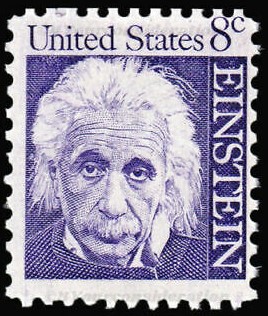


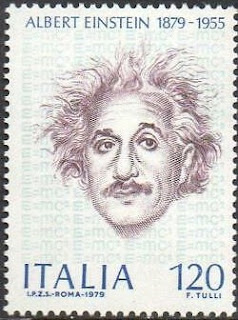
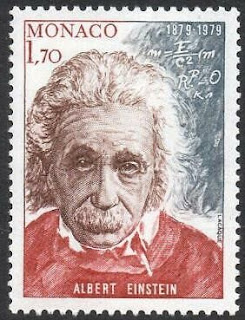

1883 Died: Karl Marx, German philosopher, sociologist, and journalist (b. 1818)
Karl Heinrich Marx (5 May 1818 – 14 March 1883) was a German philosopher, economist, historian, sociologist, political theorist, journalist and socialist revolutionary.
Born in Trier, Germany, Marx studied law and philosophy at university. He married Jenny von Westphalen in 1843. Due to his political publications, Marx became stateless and lived in exile with his wife and children in London for decades, where he continued to develop his thought in collaboration with German thinker Friedrich Engels and publish his writings, researching in the reading room of the British Museum. His best-known titles are the 1848 pamphlet, The Communist Manifesto, and the three-volume Das Kapital. His political and philosophical thought had enormous influence on subsequent intellectual, economic and political history, and his name has been used as an adjective, a noun and a school of social theory.
Marx's critical theories about society, economics and politics – collectively understood as Marxism – hold that human societies develop through class struggle. In capitalism, this manifests itself in the conflict between the ruling classes (known as the bourgeoisie) that control the means of production and the working classes (known as the proletariat) that enable these means by selling their labour power in return for wages. Employing a critical approach known as historical materialism, Marx predicted that, like previous socio-economic systems, capitalism produced internal tensions which would lead to its self-destruction and replacement by a new system known as socialism.
For Marx, class antagonisms under capitalism, owing in part to its instability and crisis-prone nature, would eventuate the working class' development of class consciousness, leading to their conquest of political power and eventually the establishment of a classless, communist society constituted by a free association of producers. Marx actively pressed for its implementation, arguing that the working class should carry out organised revolutionary action to topple capitalism and bring about socio-economic emancipation.
Marx has been described as one of the most influential figures in human history, and his work has been both lauded and criticised. His work in economics laid the basis for much of the current understanding of labour and its relation to capital, and subsequent economic thought. Many intellectuals, labour unions, artists and political parties worldwide have been influenced by Marx's work, with many modifying or adapting his ideas. Marx is typically cited as one of the principal architects of modern social science.
East and West German stamps depicting Karl Marx
1920 – About 80 % of the population in Zone II votes to remain part of Weimar Germany in the 1920 Schleswig plebiscites
The Schleswig plebiscites were two plebiscites, organized according to section XII, articles 100 to 115 of the Treaty of Versailles of 28 June 1919, in order to determine the future border between Denmark and Germany through the former duchy of Schleswig. The process was monitored by a commission with representatives from France, the United Kingdom, Norway and Sweden.
The plebiscites were held on 10 February and 14 March 1920, and the result was that the larger northern portion (Zone I) voted to join Denmark, while the smaller southern portion (Zone II) voted to remain part of Germany.
Stamps issued for the Schleswig plebiscites

